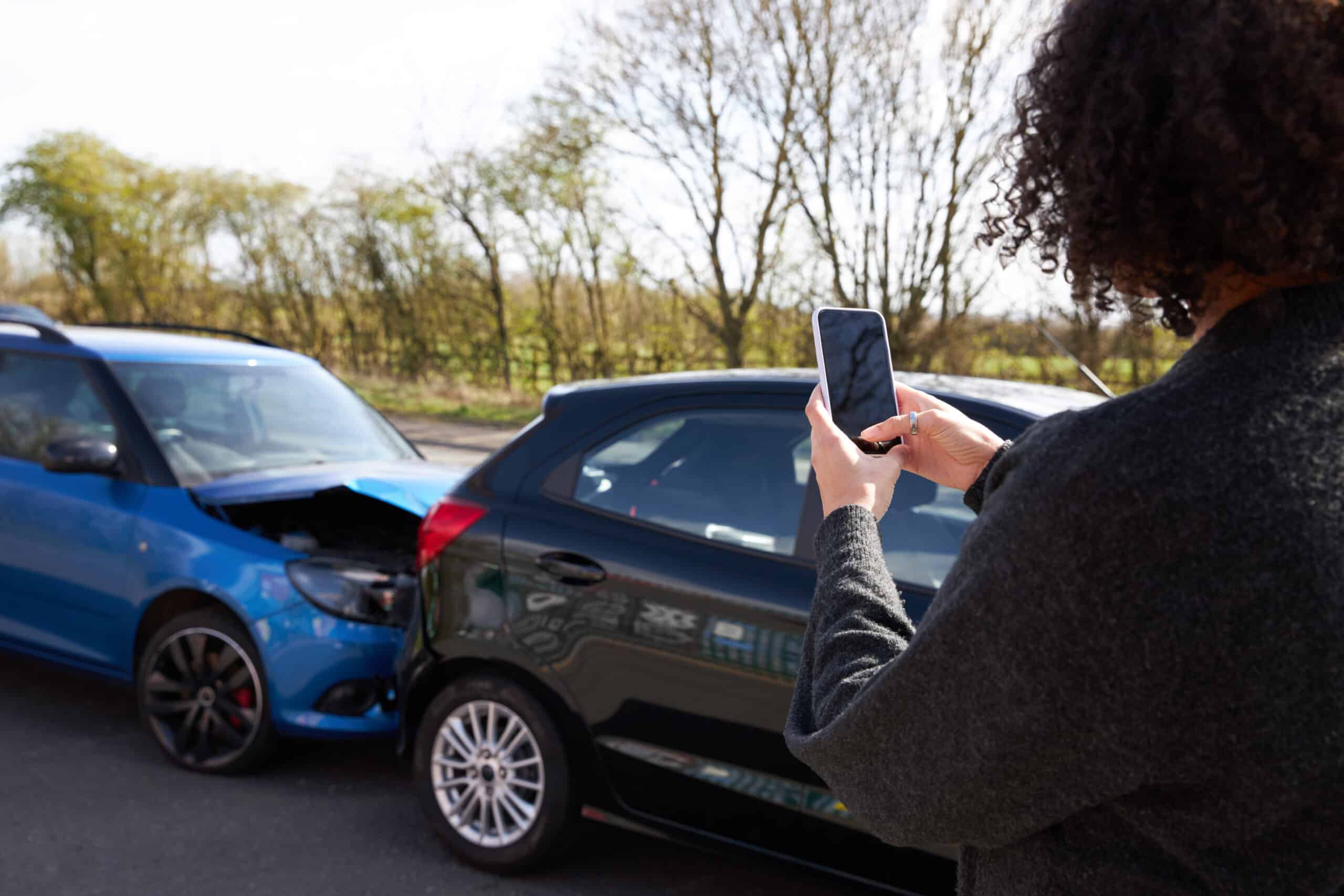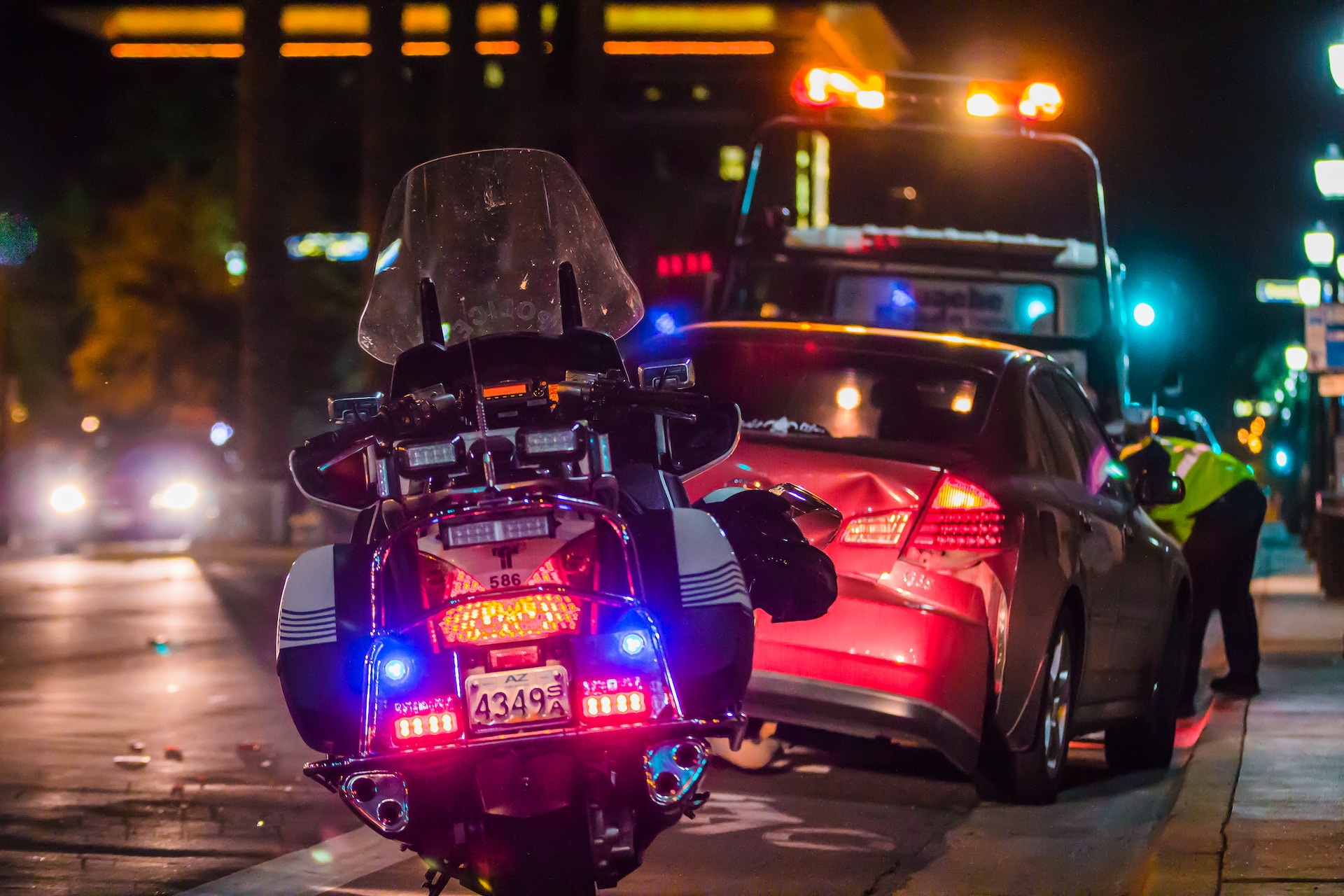When someone hits your car from behind, it’s easy to assume that they will be held liable for the accident. After all, it was their responsibility to pay attention to any hazards on the road in front of them so they could brake and avoid an accident, right? While this may be true in many cases, there are scenarios where the front driver can actually be held fully or partially liable for the rear-end accident.
An experienced car accident lawyer can thoroughly investigate your case and collect evidence to ensure you are not being unfairly blamed for the crash. Even if you do share responsibility for your accident, you still have legal rights and may be able to collect compensation for your losses.
How is Liability Determined in a Rear-End Accident?
The key to proving liability in any car accident is determining whether any party involved acted negligently. Negligence is a vital factor in all areas of personal injury law, also known as tort law.

In legal terms, a negligent driver is one who did not act with the level of care you would anticipate from another reasonably prudent driver in the same situation.
What Are the Four Elements of Negligence?
To file a successful personal injury lawsuit, the plaintiff and their legal team must establish these four elements of negligence in their case:
- The defendant owed the plaintiff a duty of care.
- The defendant breached their duty, either through action or inaction.
- The plaintiff suffered injury, either to their body or their personal property.
- The injury was directly caused by the defendant’s breach of their duty of care.
If these four facts are demonstrably true, then the plaintiff has a valid personal injury case against the defendant.
What Duty of Care is Incumbent on Drivers?
In terms of car accidents, the “duty of care” in the elements of negligence refers to the responsibility of every driver to operate their vehicle in a safe manner. Responsible driving includes:
- Following all applicable rules and regulations.
- Maintaining control of the vehicle’s speed and steering.
- Staying aware of road conditions.
- Keeping your car in safe working order.
- Remaining at the scene and seeking care for injured victims post-accident.
If both drivers were negligent, they could both be considered liable for the crash. Then the case hinges on how much responsibility for the accident is apportioned to each driver, based on their actions.
When Can the Front Driver Be Found Liable for a Rear-End Crash?
When a driver fails to operate their vehicle safely, they can be held responsible for their actions, regardless of which car they were driving. If the lead driver engaged in any of these activities that contributed to the accident, they may be found liable:
- Careless braking or “brake-checking” a vehicle that is driving too closely.
- Driving while under the influence of drugs or alcohol.
- Merging recklessly.
- Driving with malfunctioning brake lights.
- Suddenly pulling out into traffic.
- Reversing into the rear vehicle.
- Engaging in road rage.
- Intentionally attempting to get hit.

If the rear driver claims that the rear-end crash is your fault due to one of these actions, eyewitness reports and video evidence can become critical in establishing the sequence of events. Because evidence can quickly disappear or degrade, retaining a skilled car accident lawyer as soon as possible is crucial if you believe you are being blamed for an accident you did not cause.
Can You Recover Damages if You Are Found Liable for the Accident?
If you are found fully liable for the rear-end accident, your collision insurance will likely still pay for the damage to your vehicle, but you will be responsible for paying your deductible. The situation becomes more complicated when both parties share liability. Because Wisconsin is an at-fault state, the injured individuals file claims with the at-fault party’s insurance. However, Wisconsin operates under a modified comparative fault system with a 51% bar, meaning that a person is only eligible to bring a lawsuit for damages if they are assigned 50% or less of the fault for the crash.

The other thing to be aware of is that your compensation will be reduced in proportion to the fault assigned to you. For example, if you have $100,000 in damages from your accident but were found to be 40% at fault because your brake lights were not working, your compensation would be reduced by $40,000. This makes it vital to ensure that fault is determined correctly for your case so that you can receive the maximum compensation for your damages.
How Can a Car Accident Attorney Help You?
If you’ve been struck from behind by another vehicle, you may be reeling from serious injuries, such as whiplash, skull fractures, traumatic brain injuries, and more. Add the medical expenses from treating these injuries to your lost income and the cost of repairing your personal property, and a rear-end collision can add up to a financial disaster. And this doesn’t even address the pain and suffering you’ve experienced.
You need to ensure that you can collect the full compensation you are entitled to for your injuries. Don’t settle for less than you deserve just because an insurance company claims you are at fault for your rear-end accident. Reach out to a skilled Wisconsin car accident attorney today who will fight for your legal rights.
 Calls Answered 24/7
Calls Answered 24/7









